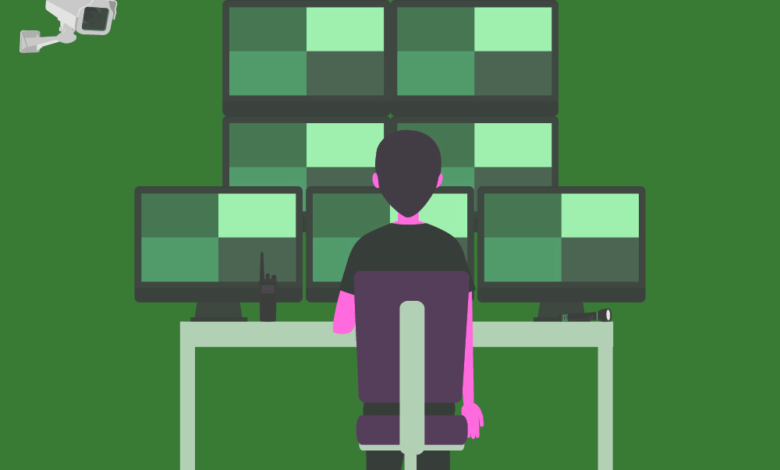Why Every Employer in New York should Pay Attention to the Employee Monitoring Law

As if you needed another reason not to snoop on your employees, you should avoid doing so.
In November of 2016, Governor Kathy Hochul of New York signed into law a civil rights bill that requires private firms to inform their staff members if they are being watched. The ordinance, which went into effect earlier this month, may have repercussions for companies more generally if other local legislatures decide to follow suit and pass similar legislation. There is already a law in place in Connecticut that is quite similar to this one; under this law, companies in the state are required to provide employees with written notice if they are being electronically monitored.
Read More: What to Do If an Employee Files a Lawsuit Against You or Your Company
Private businesses in the state of New York are required to publish a notice in a “conspicuous place” in order to comply with a statute requiring them to inform their workers of their monitoring procedures. Any new employees are required to get a written notice and confirm that they have received said notice.
According to Mark Francis and Sophie Kletzien, attorneys at the law firm Holland & Knight in Miami, general network services or cybersecurity technologies do not fall within the purview of the New York law since its concentration is on target surveillance, such as reading emails or web surfing history. Firewalls for networks, anti-spam software, and phishing protection software are some of the examples given by the attorneys as examples of technologies that would be immune from the statute.
Employers who choose to circumvent the legislation and fail to notify their staff about their monitoring tactics are susceptible to fines ranging from $500 to $3,000, depending on the severity of their infraction. According to Francis and Kletzien, who told Inc. that “We typically expect enforcement actions to be considered by the New York attorney general’s office if they receive complaints from employees, learn of possible violations reported in public or social media, or discover the issue while they are undertaking an investigation,” “We typically expect enforcement actions to be considered by the New York attorney general’s office.”
Read More: Five Employment Law Tips for Startups
The use of software to monitor and track employees is not new. During the early phases of the COVID-19 epidemic, many businesses began to embrace the concept of remote work. As a result, many of these businesses turned to tracking applications in order to monitor their employees and evaluate their level of productivity. However, apart from the question of whether or not the practice is legal, it is essential to think about the benefits and drawbacks of deploying such tools and the impact they may have on the culture of the firm.
Even if this law is only applicable in New York, considering the increase in monitoring technologies that have occurred in recent years, it is possible that other states will pass laws that are quite similar to this one. Both Francis and Kletzien are aware of the possibility that additional states will pass legislation that are analogous to this one as the number of businesses that utilize monitoring systems to increase productivity, ensure safety, and manage a remote workforce continues to rise.
“Businesses may even encourage the adoption of such laws because they recognize the ability of employers to engage in electronic monitoring,” say Francis and Kletzien. “However, they will likely seek some uniformity in disclosure and acknowledgment requirements.” [Citation needed] “Businesses recognize the ability of employers to engage in electronic monitoring.”












2 Comments